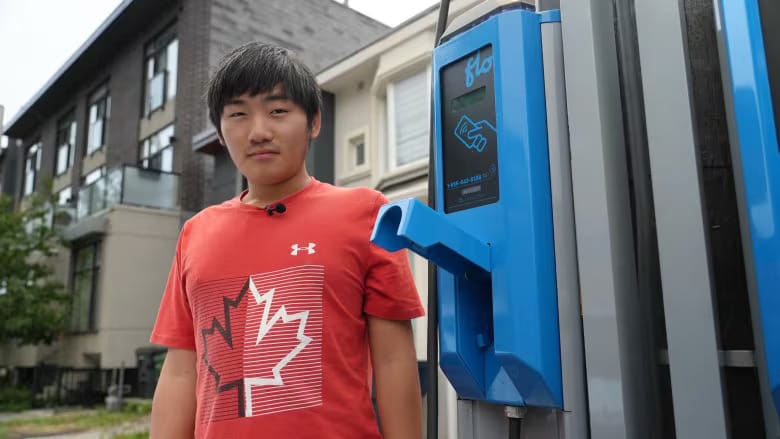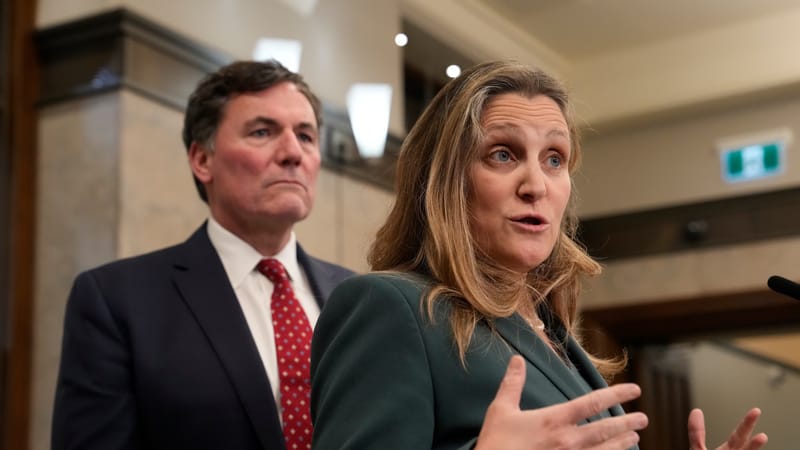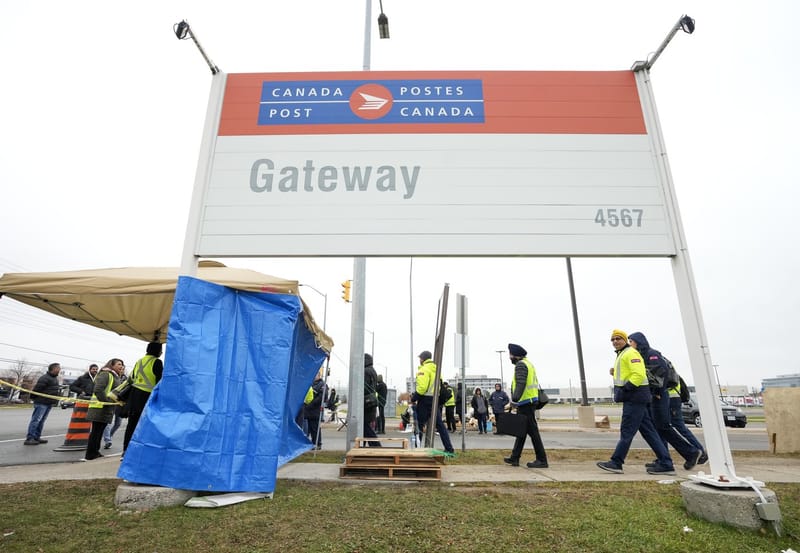Toronto EV Driver Denied Access to Closer Charging Station Due to Permit Restrictions
Klesmer noted that easy access to nearby charging stations is crucial for encouraging EV adoption. "Who would be willing to walk half an hour every day round trip just to get their car charged?" he asked.

A Toronto-based Uber driver, John Chen, faces a daily challenge walking nearly half an hour to charge his electric vehicle (EV) at an on-street station far from his home. Chen could reduce his walk to just eight minutes each way if the city allowed him to use a closer charging station located in a neighboring permit parking zone. Unfortunately, the city has denied him a permit for that zone, despite his proximity to it.
Chen, who does not have a designated parking spot at home and relies on street parking, is frustrated by the situation, especially given the city's push for more residents to adopt electric vehicles. "I just think it's dumb considering the city really wants people to get electric vehicles," he said. "This is certainly not helping with their targets."
The city of Toronto aims to have 30 percent of its registered vehicles be electric by 2030, but experts say the city needs to accelerate the expansion of EV infrastructure to meet this goal. A report from the Toronto Parking Authority (TPA) highlights that the city’s current charging capacity is far below industry standards. If the pace doesn't improve, Toronto will have only one public charger for every 70 electric vehicles by 2040, far short of the recommended ratio of one charger for every 10 EVs.

Ian Klesmer, director of strategy and grants for The Atmospheric Fund (TAF), emphasized the urgency of expanding the EV charging network, suggesting that all possible solutions should be considered. "We need to invest more in expanding the network as quickly as possible, so that folks outside of a permitting zone can have new chargers within their permitting zone," he said. Klesmer also stressed the need to streamline permitting processes to improve access to existing infrastructure.
Chen, who drives a Polestar 2 and covers an average of 300 kilometers daily for Uber, says he endures the inconvenience of charging because the savings on fuel make it worthwhile. However, he argues that the city should offer permit parking exemptions for EVs or allow drivers to obtain permits for the zone with the nearest charger to their home.
When asked about the lack of permit parking exemptions for EVs, a city spokesperson explained that parking permits are issued regardless of vehicle type to ensure "an equitable distribution" among residents. Toronto currently has about 60,000 vehicles with residential on-street parking permits, but the city does not track how many of these are electric.
Next month, a Public Electric Vehicle Strategic Plan will be presented to the city's infrastructure and environment committee. The plan is expected to provide better insights into where EV drivers are located in Toronto and where additional charging infrastructure is needed.
Klesmer noted that easy access to nearby charging stations is crucial for encouraging EV adoption. "Who would be willing to walk half an hour every day round trip just to get their car charged?" he asked. Research indicates that most people are only willing to walk about five minutes to access a charger.

The shortage of publicly accessible charging stations is one of the main barriers to widespread EV adoption, according to Olivier Trescases, director of the University of Toronto's Electric Vehicle Research Centre. "It's the perennial chicken-and-egg problem," Trescases said. "We still have a long way to go."
Toronto currently has 97 public EV charging ports at over 50 on-street locations, as well as another 310 charging ports across 30 Green P parking lots managed by the TPA. However, Klesmer pointed out that Toronto's on-street charging options are limited compared to cities like Montreal, which has over 800 on-street chargers.

All of Toronto’s on-street charging stations are Level 2 chargers, which take six to seven hours to fully charge an EV. Trescases believes the city should prioritize installing Level 3 fast-charging stations in neighborhoods, which can charge a vehicle to 80 percent in just 30 to 45 minutes. "If you don't have access to overnight charging, it makes a lot more sense to pay a bit more and just get more range so that you can charge maybe once a week at a fast charger," he said.
Klesmer also suggested installing chargers in other publicly accessible locations like parking lots at grocery stores, malls, schools, libraries, and arenas to ensure that every Torontonian is within a five-minute walk of an EV charger.

The city rejected other options last year, such as allowing private installation of on-street charging stations in front of residents' homes and permitting EV charging by running a covered electrical cord over the sidewalk to an on-street parking spot, a licensed option in Vancouver.
As the number of new electric vehicle registrations continues to rise, with battery electric cars in Ontario increasing from 0.4 percent of all new registrations in 2017 to 5.7 percent in 2022, the pressure to expand charging infrastructure is growing. The federal government has set a target for all new light-duty cars and passenger trucks sales to be zero-emissions by 2035.
"We have this tsunami of EVs coming our way," Klesmer said. "We need more charging everywhere."





